Global Futures Scientists and Scholars

DOE establishes new EFRC at ASU
The center, called Ultra Materials for a Resilient, Smart Electricity Grid, or Ultra EFRC, is headed by Regents Professor of physics Robert Nemanich and Professor of electrical engineering Stephen M. Goodnick.
ASU, Zimin Foundation partner for future of urban tech
The new Zimin Institute for Smart and Sustainable Cities will help support applied research projects to drive a people-centric vision for the future of cities.
SSRC Rapid Response Grants and Essay Forum
The Social Science Research Council seeks proposals that address the risks, opportunities, and challenges posed by public health surveillance stemming from the Covid-19 pandemic. A new essay forum explores the human, social, political, and ethical dimensions of Covid-19.
ASURE awarded contract to advance unmanned and robotic technologies
ASURE has been awarded a contract that could total as much as $42.4 million over the next five years to advance unmanned and robotic technologies; it is the largest contract the nonprofit organization has been awarded.
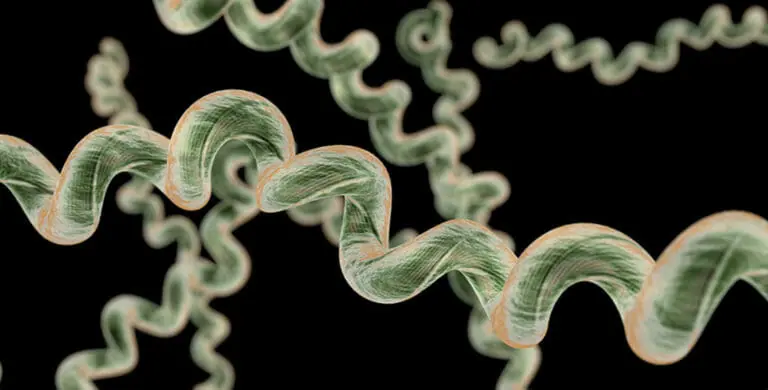
Takamura teaches empathy as a path to beautiful universal design
On the anniversary of the Americans with Disabilities Act, Associate Professor John Takamura says true universal design makes the world more accessible for everyone.
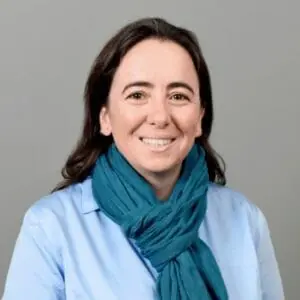
Bertoni, Christen named Fulton Entrepreneurial Professors fellows
These ASU engineering fellowships help innovative faculty commercialize their technology startup ventures. Bertoni's startup, Crystal Sonic, cleaves expensive semiconductor materials using sound and without any waste.
COVID-19 Diagnostics Commons: A data-driven collaboration
The College of Health Solutions partners with the World Economic Forum and the Rockefeller Foundation on an initiative to help companies get back to work safely.
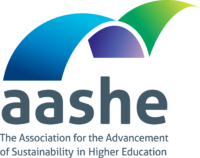
Call for proposals: Global Conference on Sustainability in Higher Education
This year's theme is "Mobilizing for a Just Transition." Become a presenter and have your voice heard on vital topics such as the global pandemic, widespread protests against racism and the upcoming 2020 U.S. Election. Proposals are due August 14.
Podcast: Morris discusses the Native American digital divide
In a recent interview with the Cisco TechBeat podcast, sustainability scientist Traci Morris, director of ASU's American Indian Policy Institute, talks about her work studying the impact of the digital divide in Indian country.
Virtual launch party: Mars 2020 Perseverance Rover
July 30: You're invited to participate in the ASU Mastcam-Z team Live Zoom webinar of the Mars 2020 Perseverance Launch. Mastcam-Z is an advanced camera system with panoramic and stereoscopic imaging capability with the ability to zoom. The instrument also will determine mineralogy of the Martian surface and assist with rover operations.
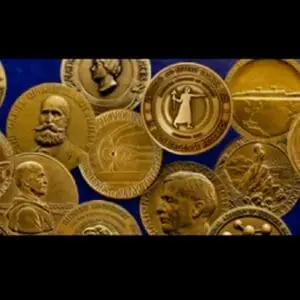
NAS establishes James Prize to recognize interdisciplinary work
Nominations for the inaugural prize will be accepted through Monday, October 5, 2020. This prize will recognize researchers who integrate knowledge from two or more disciplines in order to solve a major contemporary challenge.
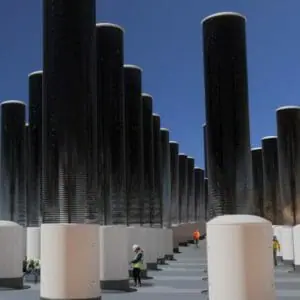
Skysong Innovations translates ASU research into tangible, scalable solutions
A new article from ASU Now features the work of dozens of ASU faculty, whose impacts reverberate sometimes thousands of miles from ASU campuses. Learn about the work and about Skysong Innovations, ASU's intellectual property management company.